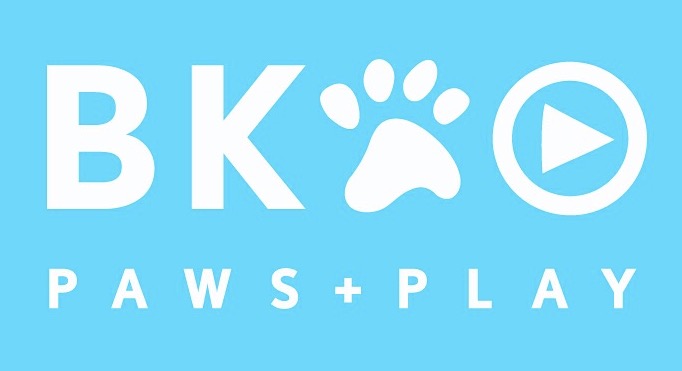We all love puppies, but not everyone knows what to do once you get one. We recommend incorporating behavioral training early on.
When a dog is young and learning for the first time, it’s best to use positive reinforcement. This simply means rewarding your dog when they exhibit the behavior you desire. The reward can be anything that your dog enjoys, like petting, praise, or toys, but the most common and convincing reward is a delicious ‘high value’ treat. At this age, there is no need for leash corrections or reprimands. In fact, doing so can confuse or discourage your dog making it more difficult for them to learn. If they do not follow a command correctly, they simply do not get the treat. Consider practicing in an empty room with little distraction such as a basement or bathroom. Start with short sessions (5-10min) and always end on a positive note. Here are a few fundamentals you can start with:
Creating positive associations with the leash, collar, harness etc..
It’s important that your puppy likes their walking gear. Keep in mind, this technique can be used with any item (combs, toothbrushes, nail clippers, etc.). Give your pup a treat anytime they ‘sense’ the item. We say sense because this includes smelling, seeing, hearing (jingling of metal tags, etc.), and having physical contact with the item. We want all these various stimuli to be associated with positivity.
Creating healthy associations when preparing to walk.
If your puppy is not excited to go outside, then you need to present going outside as a fun and exciting thing to do. Give them treats and praise every step of the way. Reward when the leash is on, when you leave your home, when they do their business, throughout the walk, when returning, and finally when their gear is taken off.
If your dog is overly excited to go out, that can also be an issue. You should reward good behavior, and if a walk is what they want, they need to show good behavior to get the leash on, to walk out the door, and again to get their gear taken off. This may prove to be a waiting game, so remember time is always on your side. Stand between the door and your dog and wait for them to show a sign of calm submission. This could be them sitting or laying down, not whining, or even looking away from the door. Once they show a calm energy, you can both enjoy a nice walk together.
Teach your puppy their name.
We want our dog to know that when they hear their name, it means give their attention to you. To start, say their name, and give them a treat. This is to associate the command with the reward. After repeating this a number of times, start only giving them the treat if they look at you when you say their name. This lets them know that there’s a specific behavior they must exhibit in order to get the reward.
The name should always be positive. Never call your dog’s name to punish them. This weakens the command and may be confusing to your dog. Do not overuse the dog’s name as this also weakens the command.
Teach your puppy to ‘come’.
It’s important for your puppy to develop a strong recall. This can be taught in just a few simple steps.
Similarly to learning their name, say ‘come’ and give them a treat. They don’t actually have to do anything during this phase. Then, create a very small distance between you and your pet. Crouch down and with and excited tone, say ‘come’. They should come to you, and you can say ‘Yes!’ or click a clicker so they know they’ve succeeded, and that a treat is on the way. Once you’ve practiced this many times, begin to gradually increase the amount of space between you and your puppy. Do not continue saying the same command if they don’t come to you. Instead, reposition yourself a bit closer and then start again.
If your pup has picked this up, you can try a more challenging exercise including a distraction. Place a bowl of treats off to the side, and have your dog come straight to you without going to the bowl. Experiment with placing the bowl in more and more tempting spots.
Teach your puppy to ‘heel’.
After your dog is comfortable with their leash on, stand with your dog standing or sitting at your side, and give them a few treats. Take a step and encourage them to step forward. Give them a treat as they return to your side. Continue giving a treat with every step. If they go ahead of you, turn to walk the opposite direction and give them a treat when they get back to your side. Over time, spread out the reward to every 5 or 10 steps. Say heel and give them the treat when they are in the correct position.
We hope these basic puppy training tips are helpful to all of you new puppy owners. Remember, if you put the time and effort in for them, they’ll pay you back tenfold with their unconditional love and devotion. Feel free to contact us if you have any questions along the way. We are always here to help. Best of luck!!


